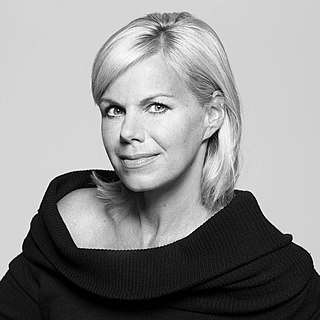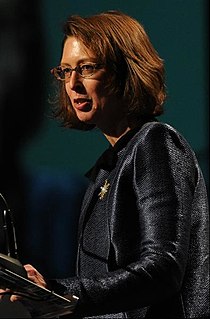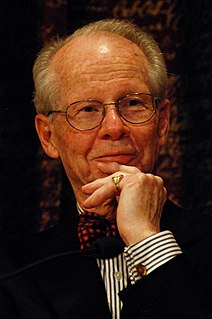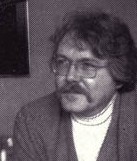A Quote by Theo Epstein
There has to be active, hands-on management in concert with the manager to lead the organization and make sure that the standards that we set for the organization as a whole are being lived up to.
Related Quotes
I think it's possible for me to approach the whole problem with a broader scope.When you look at something through an, an organizational eye, whether it's a, a religious organization, political organization, or a civic organization, if you look at it only through the eye of that organization, you see what the organization wants you to see. But you lose your ability to be objective.
One way Great Teams can share their visions is by creatively laying out their plans and visions, creating a road map for its members to follow. A Great Team outlines expectations for all members of an organization and for the organization as a whole. This clear-cut set of objectives - a road map - enables the organization to set benchmarks and goals and ultimately to lay the foundation for its own success.
Truly human leadership protects an organization from the internal rivalries that can shatter a culture. When we have to protect ourselves from each other, the whole organization suffers. But when trust and cooperation thrive internally, we pull together and the organization grows stronger as a result.
The distance between number one and number two is always a constant. If you want to improve the organization, you have to improve yourself and the organization gets pulled up with you. That is a big lesson. I cannot just expect the organization to improve if I don't improve myself and lift the organization, because that distance is a constant.
High personal standards aren't enough for organizational excellence. You've got to be intolerant of low standards in others. . . . If you accommodate questionable practices in others who touch your organization, you risk soiling its reputation. Anybody whose hands aren't clean can get the place dirty.


































